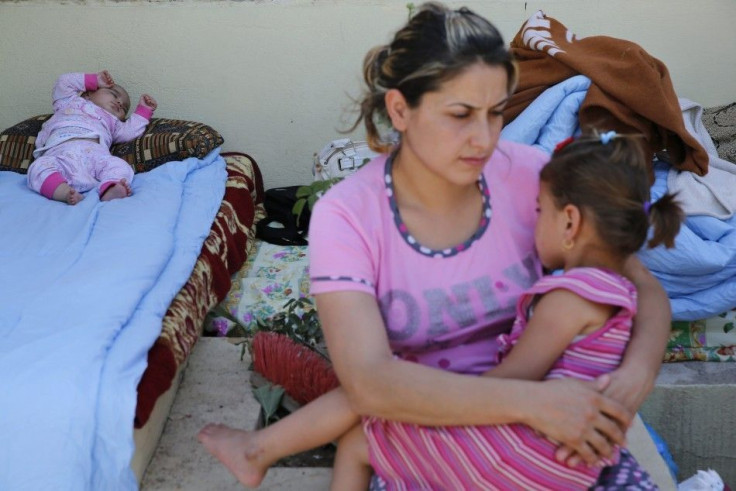Lack of Sleep May Hurt Memory
The Centers for Disease Control and Prevention Termed Insufficient Sleep an Epidemic

According to the researchers at Michigan State University (MSU) and the University of California (UC), Irvine a lack of sleep which is already widespread among the people and affecting their health, has another negative aspect to it, leading to errors in memory.
The study they conducted was published in the journal Psychological Science. It found that volunteers who were sleep-deprived for a night were not able to recall the details of a simulated burglary that they were shown in a sequence of pictures. This could have grave consequences in areas such as criminal justice where indefinite memory of eye witnesses can cause unjust convictions in the United States. As eyewitnesses could misidentify not just the facts, but the people involved in the case as well.
Kimberly Fenn, MSU associate professor of psychology and co-investigator on the study, said, "We found memory distortion is greater after sleep deprivation. And people are getting less sleep each night than they ever had."
The Centers for Disease Control and Prevention described insufficient sleep an epidemic and said that it could cause vehicle crashes, industrial disasters and also lead to severe diseases such as hypertension and diabetes.
The researchers carried out experiments at MSU and UC-Irvine to determine the consequence insufficient sleep could have on an individual's memory. The outcome of the experiment proved that insufficient sleep has negative impact on a person's memory. It was seen that those participants who were awake for 24 hours and those with five or fewer hours of sleep mixed up event details to a greater degree than participants who slept and rested well.
"People who repeatedly get low amounts of sleep every night could be more prone in the long run to develop these forms of memory distortion," Fenn said. "It's not just a full night of sleep deprivation that puts them at risk."





















